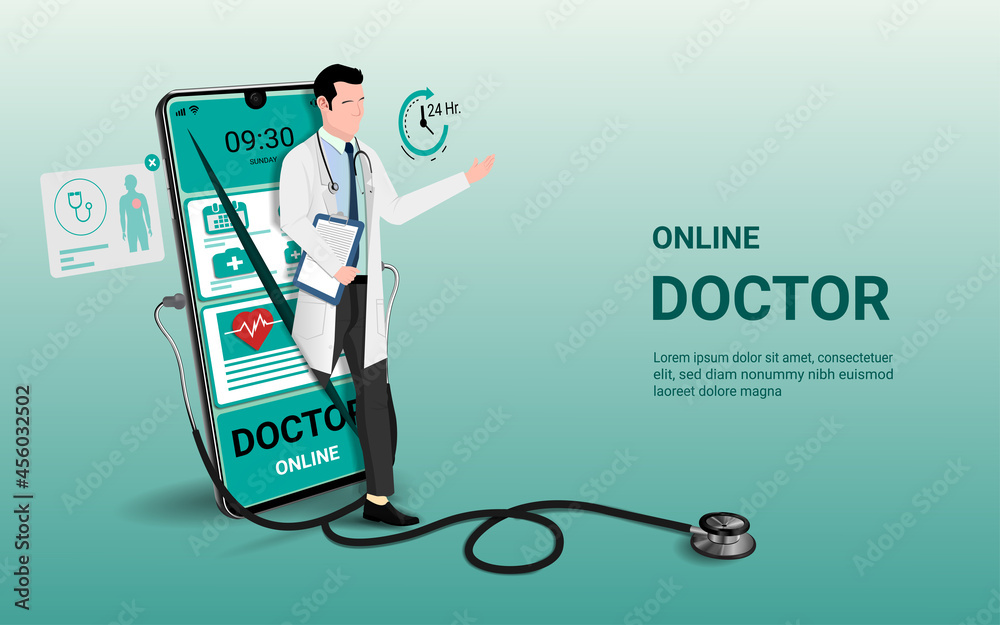How Subscription Based Healthcare is Revolutionizing Patient Accessibility to Services
How Subscription Based Healthcare is Revolutionizing Patient Accessibility to Services
Blog Article
The Increase of Subscription-Based Health Care and Its Influence On Client Treatment
As health care evolves, the subscription-based model is getting grip, guaranteeing to reinvent patient care by using predictability and availability. The capacity for these designs to reshape health care delivery elevates pressing concerns about their lasting sustainability and inclusivity. Are these subscription solutions the future of medical care, or do they take the chance of leaving at risk populaces behind?
Recognizing Subscription Medical Care Models
Grasping the idea of subscription medical care versions includes taking a look at a transformative method to clinical services that stresses affordability and access. These models, typically described as direct key care (DPC) or attendant medicine, have actually become innovative options to typical fee-for-service medical care systems. Registration healthcare allows clients to pay a fixed monthly or yearly cost for a specified set of clinical solutions, which might consist of limitless workplace brows through, regular examinations, and standard lab examinations, without the demand for traditional insurance payment.
The framework of subscription medical care versions is made to improve individual treatment by getting rid of third-party payers and intricate billing codes, therefore lowering administrative concerns. Doctor can concentrate much more on person care, promoting more powerful patient-provider relationships. This design likewise promotes preventative care by encouraging regular brows through, as the economic challenge of per-visit fees is removed.
The subscription design frequently empowers doctor to take care of smaller sized patient panels, enabling more personalized treatment. It lines up financial motivations with person health and wellness end results, as service providers are inspired to maintain individual fulfillment and health. In general, comprehending membership healthcare models needs recognizing their potential to reshape how treatment is supplied and accessed.
Advantages for Suppliers and people

For carriers, subscription-based models provide the possibility to grow patient-provider relationships. With a stable profits stream, health care specialists can commit even more time per patient, resulting in a much more comprehensive and customized care experience. This design also decreases reliance on high client volumes, reducing fatigue and improving work fulfillment. The focus on preventive treatment within membership plans can lead to better client outcomes and lowered lasting medical care expenses. By concentrating on continuous care, companies can deal with problems before they rise, eventually benefiting the medical care system in its entirety by decreasing the burden on emergency situation and severe treatment services.
Issues and obstacles
While subscription-based health care designs present many benefits, they additionally come with a collection of obstacles and problems that have to be resolved. This raises ethical questions about equitable accessibility to medical care solutions.
Financial sustainability of subscription-based designs is one more issue. Carriers have to stabilize the fixed income from memberships with the variable expenses of healthcare solutions, which may vary due to unforeseen clinical demands. This can produce pressure to restrict solutions or boost fees, possibly influencing patient fulfillment and care high quality.
Furthermore, regulative oversight of subscription-based medical care versions is still evolving. Addressing these challenges is important for the successful and equitable execution of subscription-based healthcare.
Impact on Patient-Doctor Relationships
One considerable effect of subscription-based healthcare versions on patient-doctor connections is the capacity for improved connection and customized treatment. By taking on a subscription model, doctors can handle a smaller sized individual panel, permitting for more dedicated time with each person. This boosted schedule cultivates a much deeper understanding of an individual's medical background, way of living, and choices, enabling more tailored therapy strategies and interventions.

Nonetheless, it is very important to identify that while subscription-based models might profit those who can manage them, they might inadvertently expand health care differences. Individuals who are incapable to take part in these versions may experience lower access to personalized treatment, possibly affecting their relationships with healthcare service providers. Therefore, while the subscription version provides appealing advantages for patient-doctor partnerships, it also postures obstacles that need to be resolved to guarantee fair healthcare gain access to.
Future of Healthcare Gain Access To

The function of modern technology can not be neglected in this transformation. Telemedicine systems and electronic health records facilitate seamless communication between clients and doctor, breaking down geographical and logistical barriers. Additionally, improvements in expert system and data analytics can additionally customize healthcare by predicting client requirements and optimizing treatment plans.
However, the future of medical care accessibility additionally offers difficulties, such as guaranteeing equity across different socio-economic groups. Policymakers and healthcare service providers have to team up to link the digital divide, guaranteeing that subscription-based designs stay cost effective and comprehensive. As these systems develop, they hold the promise of making medical care a lot more easily accessible, effective, and patient-centric.
Verdict
Subscription-based health care models are improving individual treatment by supplying a steady expense structure and boosting ease of access. The increase of subscription-based health care encourages positive client engagement, which has the potential to improve client results and complete satisfaction, signifying a transformative change in healthcare distribution.
As healthcare advances, the subscription-based version is gaining grip, assuring to revolutionize Full Article individual treatment by supplying predictability and accessibility.Subscription-based health care models use unique benefits for both individuals and carriers, boosting the general health care experience.As medical care systems progress, the future of health care gain access to frequently hinges on the integration of cutting-edge models and innovations.Subscription-based medical care models are improving individual treatment by offering a steady expense framework and enhancing accessibility. The surge of subscription-based healthcare urges proactive patient involvement, which has the possible to boost individual results and complete satisfaction, indicating a transformative change in health care delivery.
Report this page